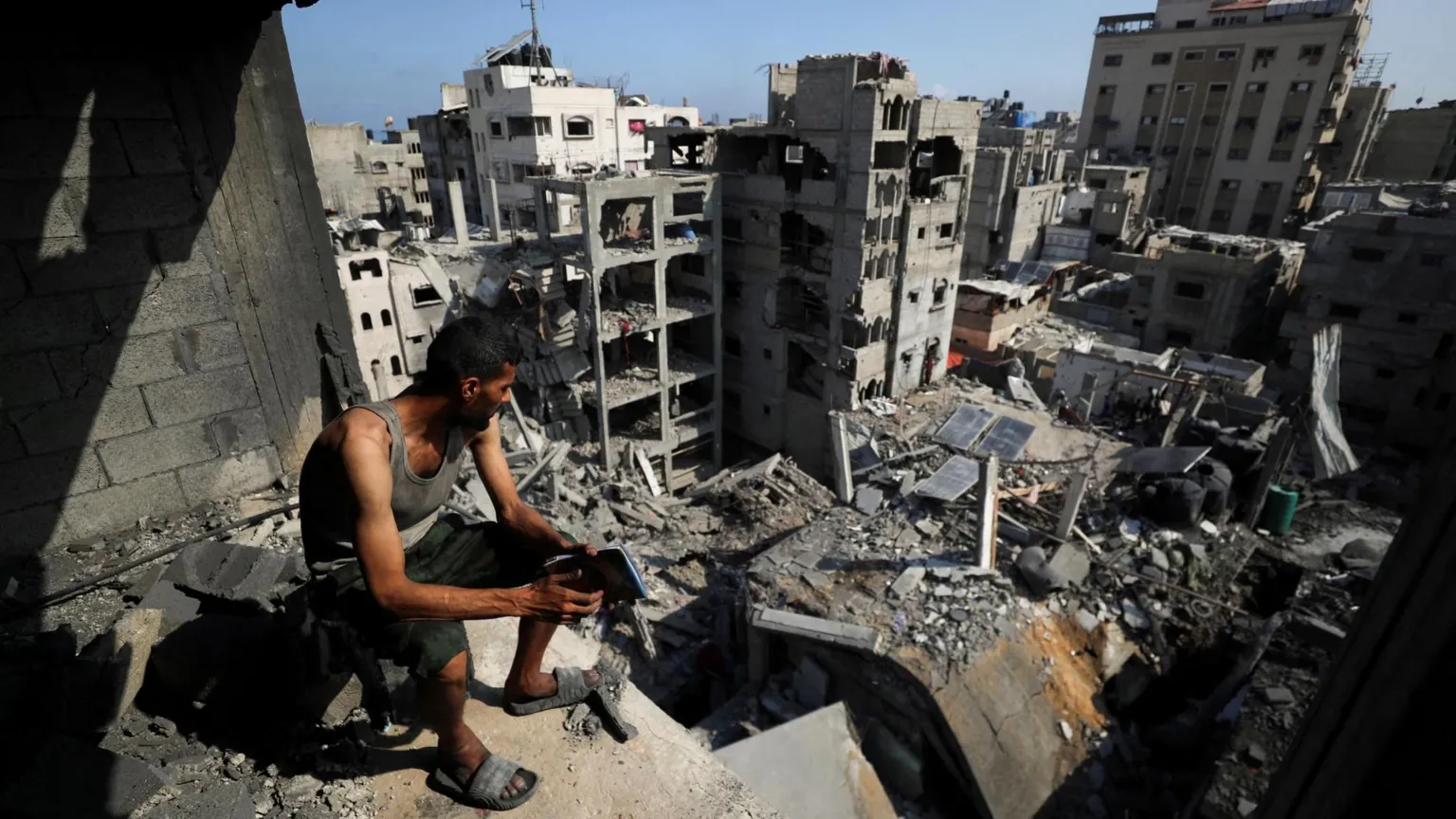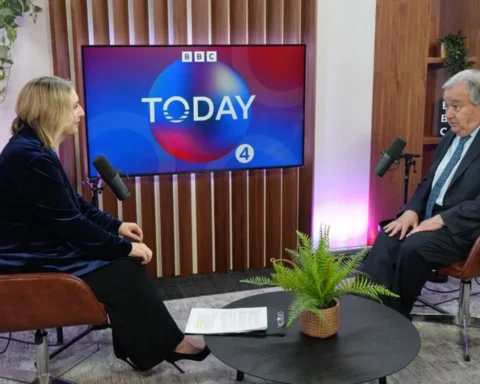Hamas has issued a “positive response” to the latest US-brokered Gaza ceasefire and hostage deal, indicating readiness to resume negotiations. In a statement, the group said it was “seriously ready to enter immediately into a round of negotiations,” though it stopped short of fully accepting the proposal.
A senior Palestinian official told the BBC that Hamas supports the overall framework but has submitted key amendments—chief among them a demand for a US guarantee that fighting will not resume if ceasefire negotiations fail.
US President Donald Trump, speaking on Friday, said a ceasefire deal could be finalized “by next week,” and described Hamas’s response as “positive in spirit.” Earlier in the week, Trump announced that Israel had accepted a 60-day ceasefire, during which talks to end the 20-month-long conflict would take place.
Key Elements of the US Proposal:
- Hostage Deal: Hamas would release 10 living Israeli hostages and the bodies of 18 others in exchange for Palestinian prisoners held in Israeli jails.
- Humanitarian Aid: Immediate large-scale aid deliveries into Gaza, coordinated by the UN and the International Committee of the Red Cross.
- Military Withdrawal: Phased pullback of Israeli troops from northern and southern Gaza.
Hamas’s Demands:
- Aid distribution must be handled solely by the UN, excluding the controversial US- and Israeli-backed Gaza Humanitarian Foundation (GHF).
- Israeli forces must withdraw to the positions held before the previous ceasefire collapsed in March.
- A firm US guarantee that Israel will not resume military operations if permanent ceasefire talks break down.
Ongoing Violence
Even as ceasefire talks progress, the humanitarian situation in Gaza continues to deteriorate. On Friday, the Hamas-run health ministry reported at least 138 Palestinians killed by Israeli strikes in the last 24 hours. Among the dead were 15 displaced civilians in Khan Younis, including the brother of 13-year-old Mayar al-Farr.
“The ceasefire will come, and I have lost my brother? There should have been a ceasefire long ago,” she said at his funeral.
The Israeli military has yet to comment on the recent strikes but stated it remains focused on dismantling Hamas’s military infrastructure.
Mounting Humanitarian Concerns:
- Médecins Sans Frontières (MSF) reported that at least 16 civilians were killed by Israeli fire while waiting for aid trucks.
- The UN human rights office stated that over 500 people have been killed near GHF aid distribution sites and 104 more near convoys—accusing Israeli forces of firing on Palestinians attempting to access food.
- The Israeli military and GHF have denied the allegations, calling the death tolls exaggerated and misleading.
On Friday, the International Committee of the Red Cross (ICRC) confirmed that one of its field hospital staff in Rafah was injured by a stray bullet—calling the incident “unacceptable.” MSF also reported the killing of a former colleague in a separate aid-related incident.
“The systemic and deliberate starvation of Palestinians is pushing Gaza to the brink,” said Aitor Zabalgogeazkoa, MSF’s emergency coordinator in Gaza.
“This carnage must stop now.”







